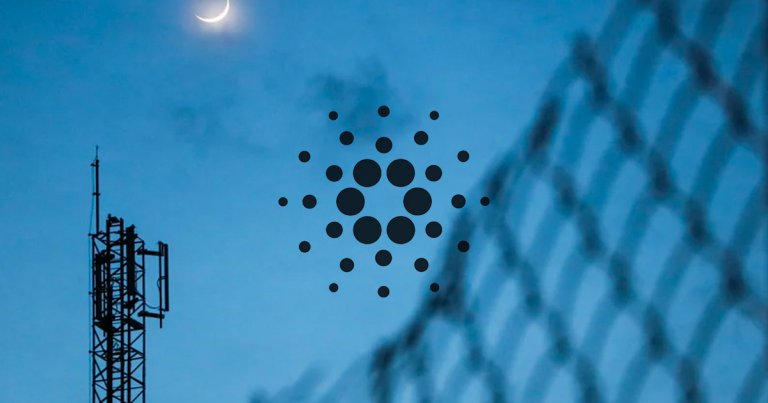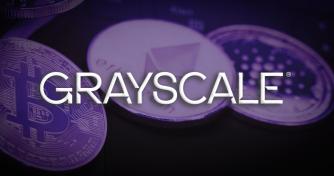 Pledging is set to keep Cardano (ADA) safe and decentralised; here’s how it works
Pledging is set to keep Cardano (ADA) safe and decentralised; here’s how it works Pledging is set to keep Cardano (ADA) safe and decentralised; here’s how it works

Photo by krisna iv on Unsplash
With Shelley mainnet closer than ever, IOHK’s education director explained how the network will stay protected while maintaining high efficiency—pledging. Pledging is set to provide a mechanism that encourages a healthy commercial ecosystem on Cardano, as it would request the highest pledge possible from stake pool operators while keeping smaller stake pools competitive.
Why pledging is essential for the Cardano network
What makes Cardano a competitive proof-of-stake network is its stake delegation and reward mechanisms. With the Shelley mainnet now closer than ever, IOHK is dedicating a lot of resources into educating the community about how the network will work.
The company’s education director Lars Brünjes published a blog post detailing how the network will retain its safety without sacrificing both efficiency and fairness to its stake pool operators.
Cardano allows all pool operators to pledge some or all of their personal ADA stakes to their pool in order to make it more attractive, keeping small and medium pools competitive was of major concern to IOHK. As there is no maximum pledge, a pool operator with a lot of ADA could maximize their own rewards by saturating the pool with their own pledge and not attract delegation.
This kind of behavior would be discouraged as by pledging more, pool operators can ask for higher margins and still attract delegators.
Pool’s attractiveness would be determined by a combination of low operating costs, low margin, high performance, and high level of pledge.
Despite its potential shortcomings, Brünjes explained, pledging serves as an important mechanism in Cardano’s proof-of-stake protocol. Not only does it ensure that a healthy commercial ecosystem thrives on Cardano, it is also the best way to protect the system against Sybil attacks.
Cardano doesn’t want to trade security
A Sybil attack allows users with a little personal stake to create hundreds of pools with low margins and potentially gain control of the consensus and engage in double-spending. By making pools with higher pledges more attractive to stakers, these kinds of attacks can easily be prevented, Brünjes said.
However, this forced Cardano to face a potentially detrimental tradeoff—it was important to set the influence of pledging as low as possible in order to keep smaller pools competitive, while also being able to guarantee security to its users.
That’s why the parameter that determines the influence of pledging is yet to be set. It has, however, been designed to be flexible and adjustable over time. This is why the Shelley Haskell testnet will provide the ideal opportunity to tune this parameter and test which values work best.
A calculator that will help pool operators work out how pledge amounts affect delegation and rewards is currently in the works and will help operators navigate the network more easily.
Brünjes wrote in his blog post:
“We believe in our scientific approach and are confident that our design will lead to a decentralized, stable, and secure system”
Disclosure: The author is an upcoming Cardano Ambassador.



































































